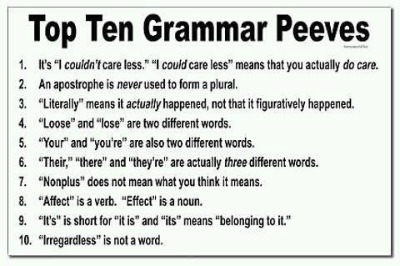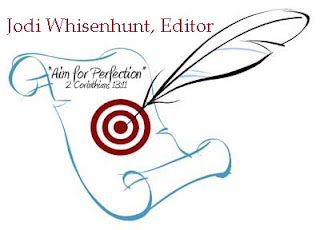***
Quick! What can you tell about the character of the above sentence? I would guess he is likely an American who resides in a rural part of Texas, perhaps an aging cowboy on a ranch somewhere in the hill country. He didn’t describe the house, but I imagine him in a rocker on the porch of a faded white clapboard farmhouse overlooking land that’s been in his family for generations. I can even hear cattle lowing in the distance and see a vivid orange-pink-blue sunset ablaze on the horizon. All that from one sentence spoken in rich dialect.
Adding dialect to your fiction expands the imagery without “telling” your reader what you see in your head. It paints a picture without using adjectives. It authenticates not only the setting but also the personalities of your characters. If your reader can “hear” the speaker’s and/or the characters’ voices, he will be pulled right into the story and won’t want to leave the action until he turns the final page.
Dialect can be overdone, though. Imagine reading an entire book written like that opening sentence. The thought of it hurts my eyes! I recently read a novel set in 16th century Scotland that was almost as heavy with Scottish brogue as that line is with Texas twang. The author did a marvelous job keeping consistency throughout, and the dialect did accentuate the setting and the characters. However, I found it distracting to have the entire novel in an altered language. I found myself skimming words that were difficult to pronounce and rolling my eyes at some character interactions. I really wanted to like the book, but too much dialect knocked my opinion down several notches.
Writing dialect is tricky. Keep it in check!
Tweet






















